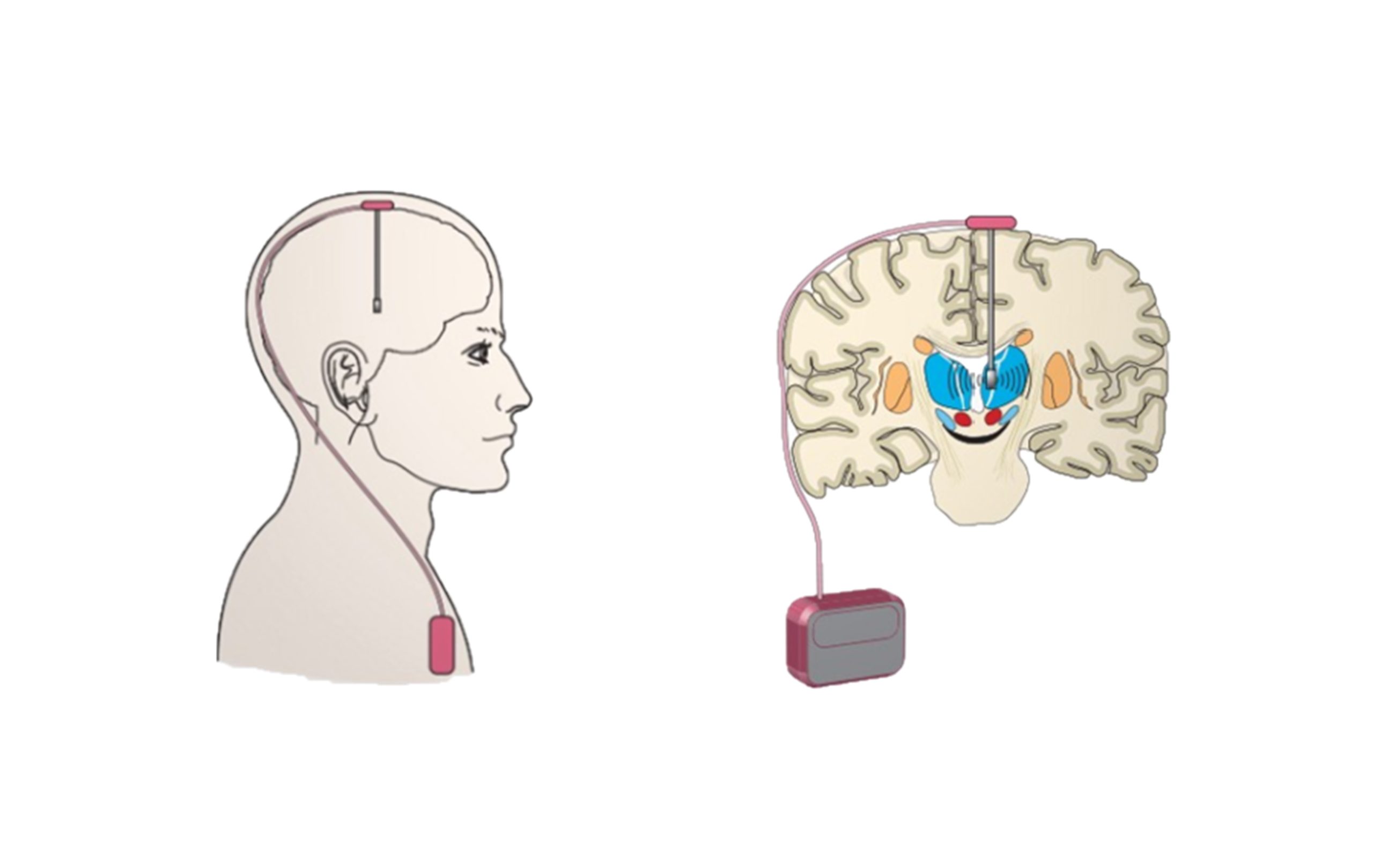
Topic:
Gait deficits are the principal source of disability and loss of independence in patients affected by Parkinson’s Disease (PD). Tremor, bradykinesia, and rigidity are usually responsive to medical treatment with levodopa (L-dopa) and to bilateral Sub-Thalamic Nucleus Deep Brain Stimulation (STN DBS) in the more advanced stages of the disease. DBS is a neurosurgical procedure involving the placement of a neurostimulator, which sends electrical impulses, through implanted electrodes, to specific targets in the brain (e.g., sub-thalamic nucleus) for the treatment of movement disorders that cannot be adequately controlled with medications. Previous studies have demonstrated that STN DBS improves certain aspects of gait in PD patients, such as stride length and gait speed. However, the effects of deep brain stimulation on the motor control strategies adopted by the central nervous system during gait are largely unknown.
This research line aims at quantitatively and non-invasively evaluating the effects of STN DBS on gait in patients with advanced PD through statistical gait analysis (e.g., foot-floor contact sequences, percentage of typical and atypical gait cycles, stance and swing phase duration, etc.) and muscle synergy extraction (i.e., assessment of the motor control strategies adopted by the central nervous system during different motor tasks).
People:
Collaborators:
Funded project:
Recent publications:
Marco Ghislieri, Michele Lanotte, Marco Knaflitz, Laura Rizzi, and Valentina Agostini
Scientific Reports
10.1038/s41598-023-34151-6
M. Ghislieri, V. Agostini, L. Rizzi, M. Knaflitz, and M. Lanotte
Sensors
10.3390/s21155079
Marco Ghislieri, Valentina Agostini, Laura Rizzi, Chiara Fronda, Marco Knaflitz, Michele Lanotte
Sensors
10.3390/s24206593